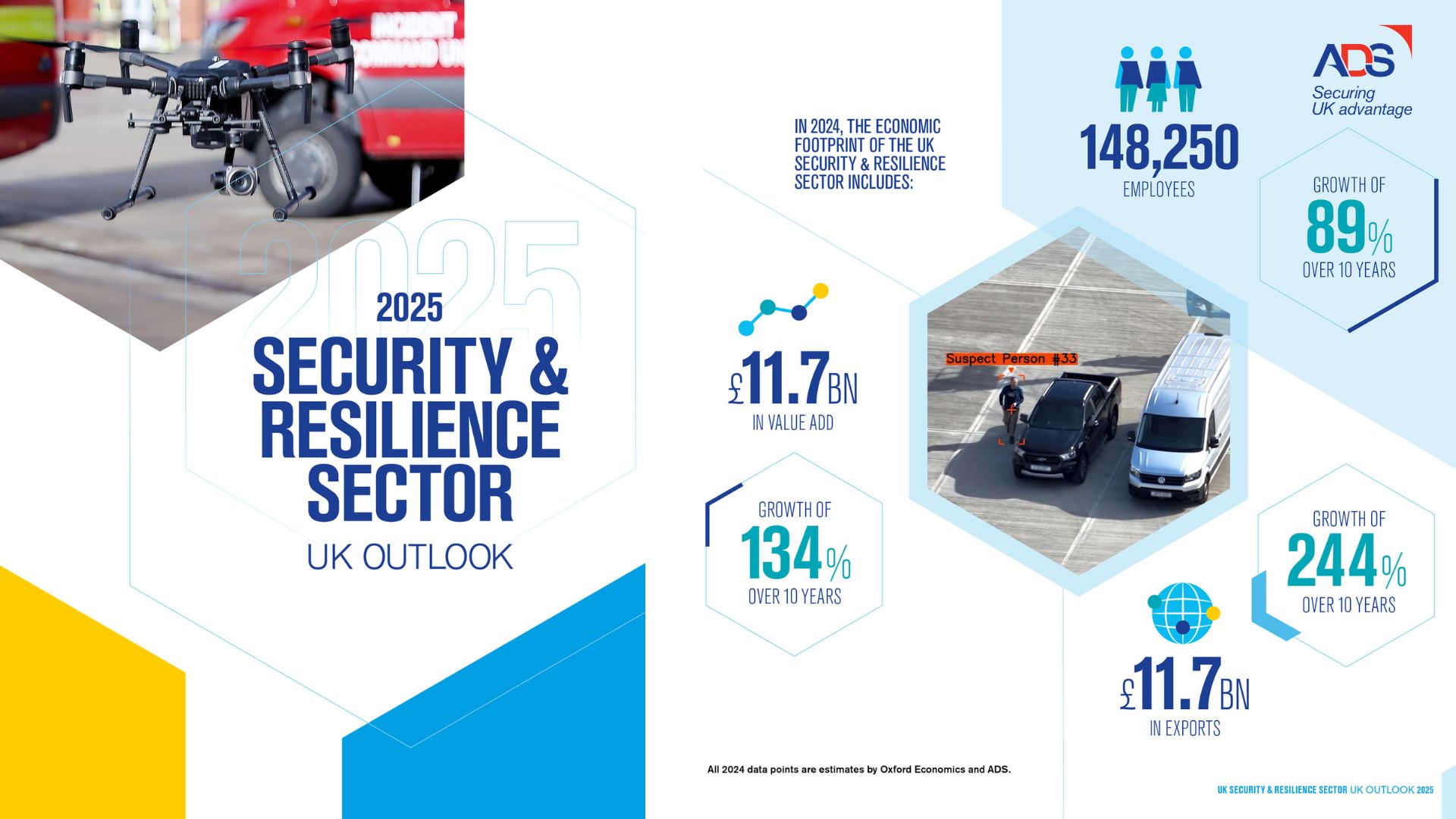Before heading off for my summer holiday, here are some key questions and thoughts on the global economy:
1. How hard will China’s landing be?
The standard question on China’s slowing economy used to be can it avoid a hard landing. With its interventions in the stock and FX markets, there’s a vague whiff of Chinese authorities trying to kitchen-sink their economic woes. To me, propping up stocks was never about sustaining the bubble, but protecting the increasingly desperate, local-government-backed shadow banking system in China. Coupled with the yuan intervention (which hurt domestic borrowers, thus adding to China’s growing default problems), those same shadow banks are asking to be bailed out by Central Government.
The only relevant question now has to be how hard the landing will be and which other countries will be caught in the wake.
2. Can Russia’s economy hold on until the 2018 elections?
With oil and commodity prices sliding, so too is the ruble and the state revenues that depend on a high-oil price world.
This is crushing the Russian economy (which may be the point, given the political tensions in the Ukraine). In an attempt to head off an issues, Putin is shaking up his inner circle, replacing the long-serving chief of the railways with younger, trusted lieutenants.
If the Russian economy can hold on until the 2018 elections, then Putin looks set to maintain his grip on Russia. If not, then….
3. Who will signal rates will remain unchanged through 2016 first, the Fed or the BOE?
Most market watchers are taking bets on who will raise rates first, and whether the first rate rise will come at the end of 2015 or in early 2016.
They were having the same conversation last year: ie would the BOE raise rates before or after the General Election.
While the UK and US economies are doing well, the rest of the world isn’t so hot. My bet is that rates won’t rise until 2017 or later (ie no rate rises in 2015 or 2016).
4. When’s the next Greek crisis?
Just saying.
5. Where – and when – will the oil price stabilise?
Short, a low oil price is a boon to consumers. But I think it’s a symptom of a weak global economy (ie weak demand as well as over supply). The price band it stabilises in – ie sub $50 per barrell, $50-$65, or $65-$80 – makes a world of difference to the long-term sustainability of many economies, and to long-term investments in particular sectors (including oil and gas, but also in green technologies and energy supplies).





